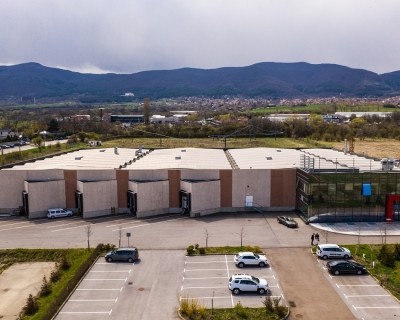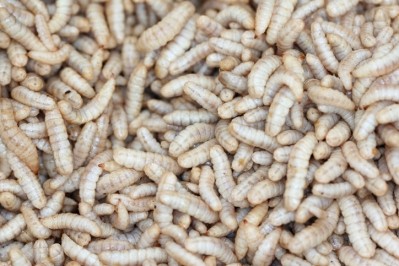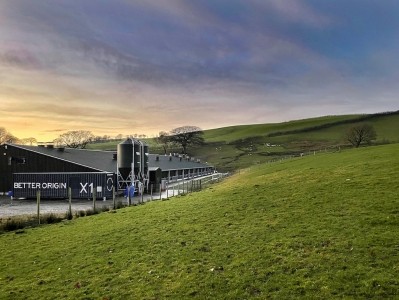Fera to carry out research project on use of novel substrates for rearing insects

UK based insect industry players, Better Origin and Entec Nutrition, are participating in the initiative, as is the University of Surrey.
Currently, only a limited range of feedstocks are allowed to be used for insect rearing in the UK and in the EU - plant derived materials, residue from fruit and vegetable processing and non-animal-containing by-products of brewing, bakery, breakfast cereal and confectionary manufacturing.
Fera Science, formerly the Food and Environment Research Agency, is a UK research organisation. It is a joint private/public sector venture between Capita plc and the UK government. It conducts interdisciplinary investigations across plant and bee health, crop protection, sustainable agriculture, food and feed quality and chemical safety in the environment.
Scaling up the industry
Dr Maureen Wakefield, principal scientist, Fera Insect Research Laboratory, and project lead said the study will “provide evidence as to whether widely available food waste and other substrates are safe and suitable to be used for insect bioconversion. If more substrates are proven to be safe and can be added to the legally permitted list, there is the potential to drive up the use of insects at scale.”
Key stakeholders including insect farmers, the National Farmers Union (NFU), major food and feed producers and specialist insect breeders, have selected the novel substrates for testing as part of this project.
“The choice of substrates undergoing investigation has been established from a questionnaire provided to key stakeholders. Selection has been based on three factors: the expressed need of stakeholders including feed manufacturers; the availability of the substrate over time, together with the ability of the insects to utilize the substrate effectively,” said Dr Wakefield.
The research team will rear the selected species on the different substrates, generating larvae and frass samples that will be evaluated thereafter for potential chemical and microbiological contaminants.
The University of Surrey will undertake a literature review to examine the risk of allergen transfer through the system. Data analysis will track the homogeneity of the results associated with each waste stream, essential to establish if the research is to be representative of real-world situations.
Potential contaminants
Potential chemical and microbiological contaminants will vary depending on the substrate but could include heavy metals, veterinary medicines, pesticides, persistent organic pollutants such as dioxins and mycotoxins, outlined the experts.
Dr Wakefield said: “The choice of substrates used for rearing insects in this FSA funded project heavily influences the safety risks that the materials may pose in the insect derived products when introduced into the animal feed chain. As reported by Fera and researchers around the world, heavy metals and other contaminants can persist post insect bioconversion.
“Understanding the nature and level of potential contaminants associated with different substrates is vital information for regulators and legislators to assess suitability for insect bioconversion use.”
The FSA, which is responsible for developing policy and advising the government on animal feed safety and hygiene, has commissioned this research. The findings will be shared with other policymakers to inform their policies and advice to ministers, said the agency
Industry best practice
The active involvement of industry partners in the research project will help ensure that its findings will meet real world expectations, claimed participants.
Miha Pipan, founder and CSO of Better Origin, said the company will apply industry best practice to the FSA research from day one, helping “to ensure that the project’s findings and its recommendations are ready for implementation by the sector at scale.”
Fera is set to deliver a report on the project to the FSA at the end of 2023, which it said would be made available publicly via an Open Access article and a dissemination event is scheduled to run next year.














